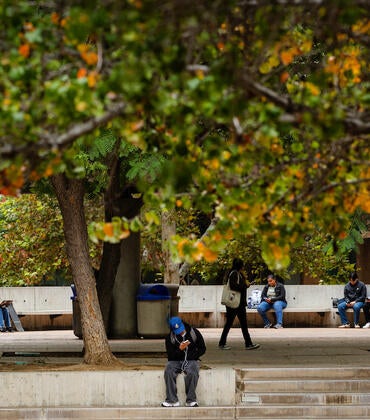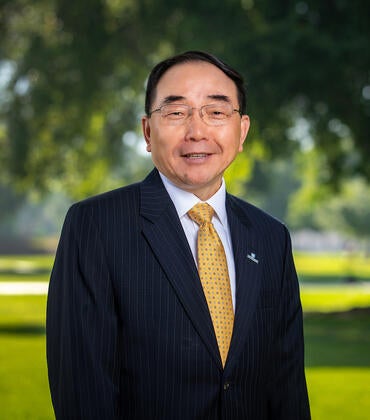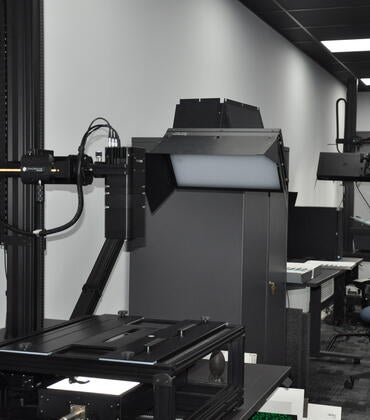A $550,000 grant will allow students at UC Riverside and other nearby minority-serving institutions, or MSIs, to participate in a research training academy and get hands-on experience contributing to a study on publicly engaged research in political science.
The project, “Assessing the Effects of a Publicly Engaged Political Science using the MSI Research Academy,” is funded by the National Science Foundation, or NSF, and will be led by Marissa Brookes, Kim Yi Dionne, and Jennifer Merolla, all faculty in the Department of Political Science at UC Riverside. The funding is part of the NSF’s Build and Broaden 3.0 initiative, which supports research, training and research infrastructure at MSIs.
UCR has been a Hispanic Serving Institution, or HSI, since 2008, a special recognition assigned by the U.S. Department of Education’s Higher Education Act for having a full-time equivalent undergraduate student enrollment that is at least 25% Hispanic. UCR’s Latinx student population is nearly 38%. UCR is also designated as an Asian-American and Native American Pacific Islander-Serving Institution. UCR’s Asian student population is more than 31%; its Pacific Islander population, as well as its American Indian/Alaskan native population, is less than 1%. Its Black student population is about 3%.
The NSF-funded project has two goals: to learn the impact of “publicly engaged political science” and to contribute to diversifying the academic community.
The study will measure the social and research impact of public engagement, or scholars communicating beyond the academic community and sharing their expertise with a broader, more general audience. Some research shows scholarship that is publicly engaged can have greater academic and societal reach, but there is little empirical evidence of this relationship between engagement and reach when it comes to political science research. This study will use a randomized controlled trial involving different public engagement strategies (e.g., blog posts, Wikipedia entries, social media shares, etc.) that publicize political science research and measure indicators of academic reach and societal reach.
The project will also train students in research methods and practice. Supporting the research study will be a diverse cadre of college students from MSIs trained in the newly formed MSI Research Academy (MSIRA). MSIRA fellows will receive formal training in research methods through a course at UCR and then complete a research apprenticeship in the following quarter.
In addition to supporting the experimental research and public engagement involved in the proposed study, MSIRA fellows will have the opportunity to work in a range of research areas and with different faculty members at MSIs in Southern California, providing research support to faculty at under-resourced institutions. Brookes, Dionne, and Merolla expect that participation in the program will encourage students from underrepresented groups to apply to graduate school, which will help to diversify the academy.
The research being conducted in this study advances the NSF’s mission to promote the progress of science. With trust in experts and science at an all-time low in the U.S., this study will provide evidence of how public engagement strategies can improve policy impact and public trust in research. The public engagement work that will be necessary for the randomized controlled trial will also bring research findings to the broader public, from behind academic paywalls, and in a way that is accessible to a general, non-academic audience.



